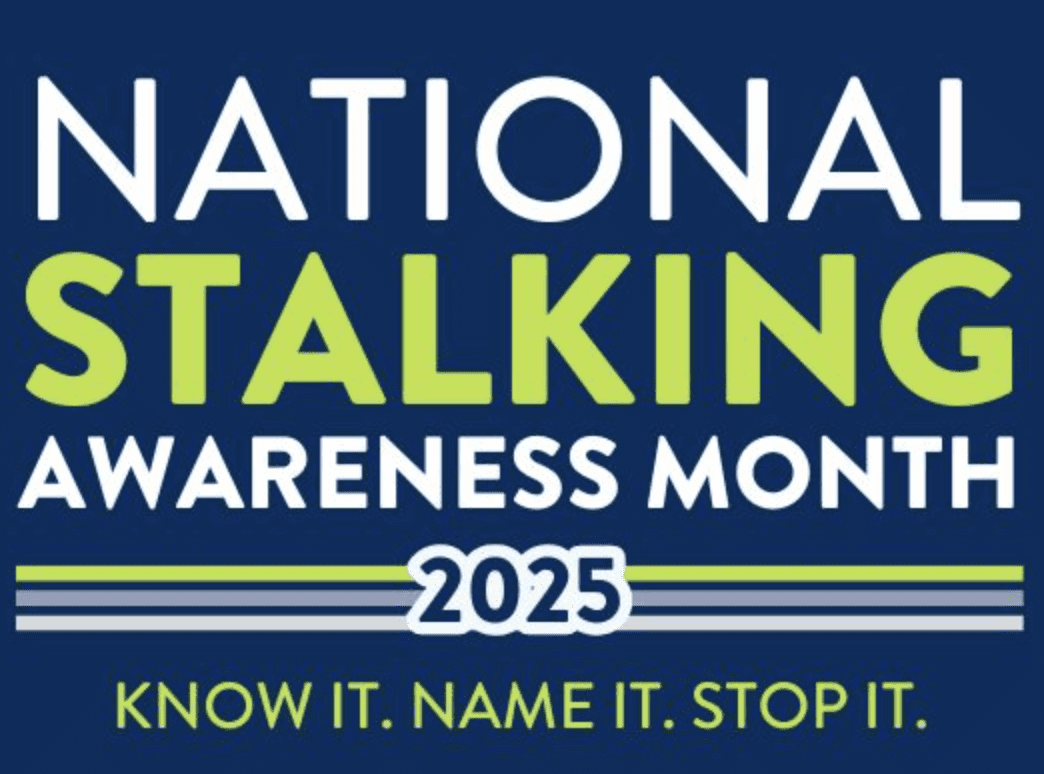Four Out of Five Teens Who Attempt Suicide Exhibit Clear Warning Signs
NEWSTREAM — The National Mental Health Awareness Campaign (NMHAC) is urging parents and teens to be aware of the warning signs of teen depression and suicide. The effort is aimed to increase the likelihood that depressed teens are identified and helped, potentially preventing the loss of a life.
Teen suicide is not a popular topic of discussion; yet, nearly 20 percent of American high school students report they have seriously considered or attempted suicide at least once.2 A recent survey conducted by NMHAC showed that few teens and parents know how to identify the signs that teens are severely depressed or considering taking their lives; yet, four out of five teens who attempt suicide have exhibited clear warning signs. And, in 1998, more teenagers and young adults died from suicide than from cancer, heart disease, AIDS, birth defects, stroke, pneumonia and influenza, and chronic lung disease combined.2
The NMHAC has created Signs for Life, a program developed to ensure parents and teens know help is available if the problem can be identified early. As part of this program, NMHAC is introducing two educational tools for the public – wallet-sized cards listing common warning signs and a brochure entitled, “He Wasn’t Kidding: Talk About Teen Suicide,” both available at www.nostigma.org or by calling 1-877-495-0009.
“Suicide is not a topic we like to discuss, but it’s time we come to terms with the fact that it is a problem in teens,” said Harold S. Koplewicz, M.D., founder and director of the New York University Child Study Center. “The truth is, contrary to common belief, most kids tell us in some way that they need help, but we just don’t recognize the warning signs, and that’s a tragedy.”
Ross Szabo, an advocate for youth mental health and spokesperson for the National Mental Health Awareness Campaign, turned to thoughts of suicide when he was 17: “Because of my own experience with depression and suicide, I know first-hand that it’s important everyone who comes in contact with an adolescent knows the signs. Luckily, before I harmed myself, I went to my parents, and when I did, my parents had no idea how bad things were,” noted Szabo.
“We cannot change the causes of mental illness, but as a society, we can change how we deal with them.”
Ross discusses his struggle against both suicide and mental illness in the May 5 edition of Parade in an article entitled, “How to Recognize A Cry For Help: A Special Report on Teen Depression.”
Know the Warning Signs
The NMHAC has developed wallet-sized cards identifying the warning signs that indicate a teen is in emotional trouble. If a parent, teacher or friend sees two or more of these warning signs, they are urged to seek help.
* Nothing seems fun or worthwhile anymore
* Your eating or sleeping habits change
* Activities you used to enjoy seem blah
* You suddenly burst into tears or get angry, for no reason
* Friends and family are too hard to deal with
* It feels like everything is your fault
* People are against you; no one’s on your side
* You want to hurt yourself or someone else or you have thoughts of suicide
Both the card and brochure are available free of charge at www.nostigma.org or by calling 1-877-495-0009.
About NMHAC
National Mental Health Awareness Campaign was founded in 1999 by Tipper Gore to eradicate the fear, shame and stigma commonly associated with mental illness and educate the public about the need to seek help. The Signs of Life initiative is part of the Campaign’s youth outreach effort to educate the public about suicide, how to prevent it and how to recognize the warning signs of depression and suicide.
1National Mental Health Association
2CDC unpublished mortality data from the National Center for Health Statistics (NCHS) Mortality Data Tapes, 1998.
Printed in Volume 1 Issue 8



